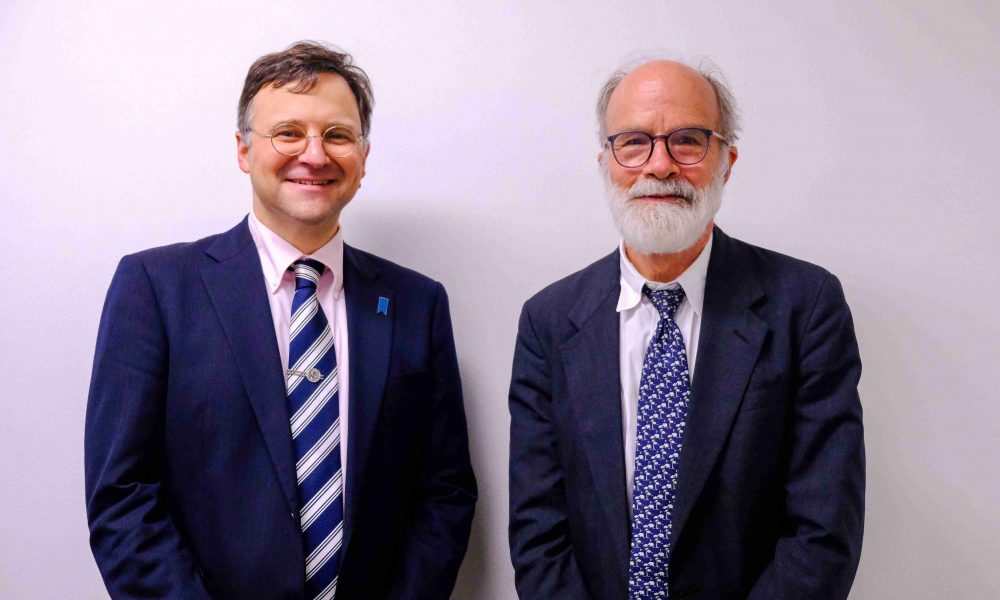
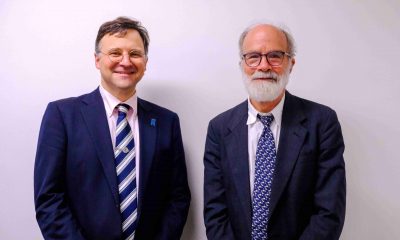

Professor J Mark Ramseyer and Jason Morgan explore the research and academic challenges of scrutinizing the comfort women issue in an exclusive interview.



In an exclusive interview, Lee Young-hoon discusses South Korean perceptions, shifting views on comfort women and seeking Japanese-South Korean reconciliation.
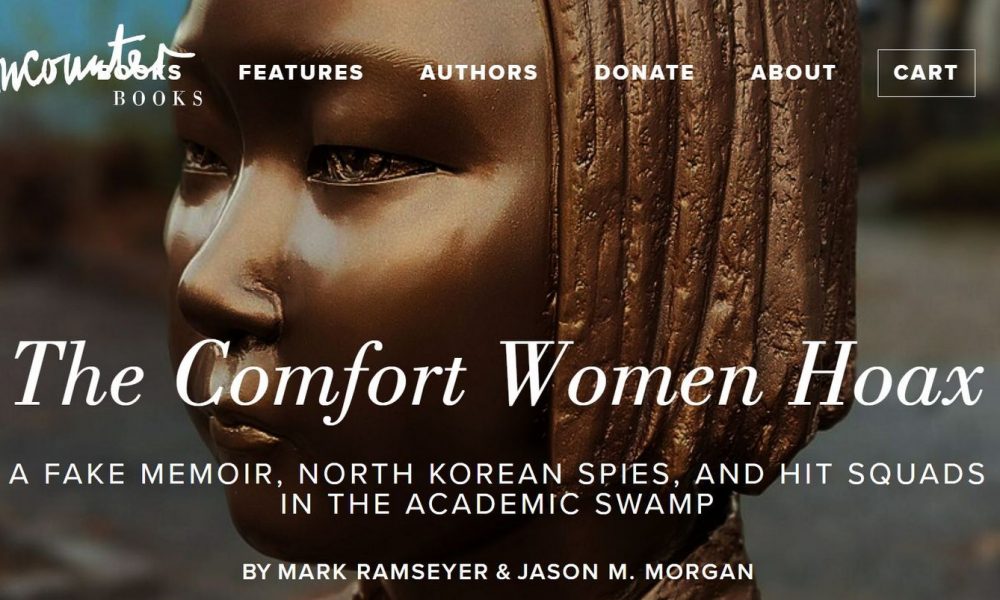
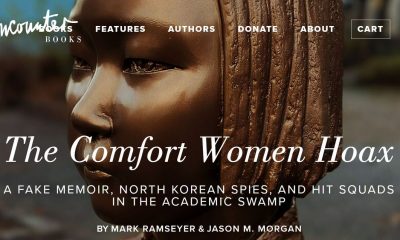

Professors Ramseyer and Morgan's book demonstrates the elusiveness of truth and raises questions about protecting academic freedom in the comfort women debate.
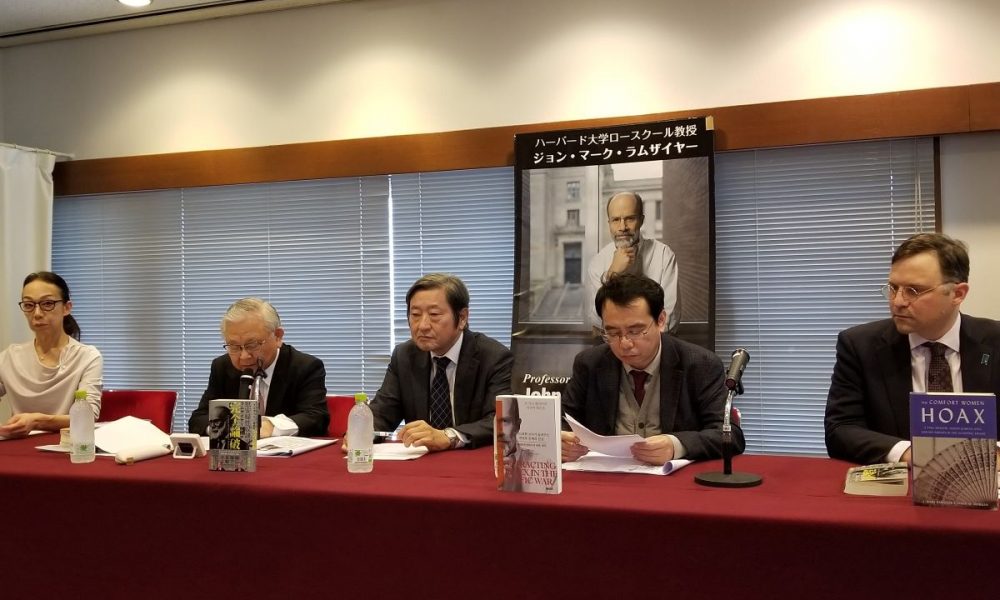
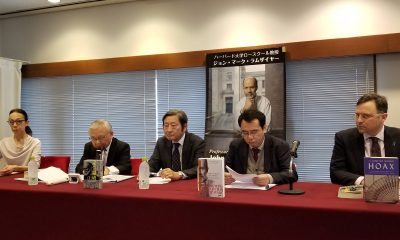

A February 19 press conference underscored the recent journalistic and academic silence on the comfort women issue. We consider what has changed.
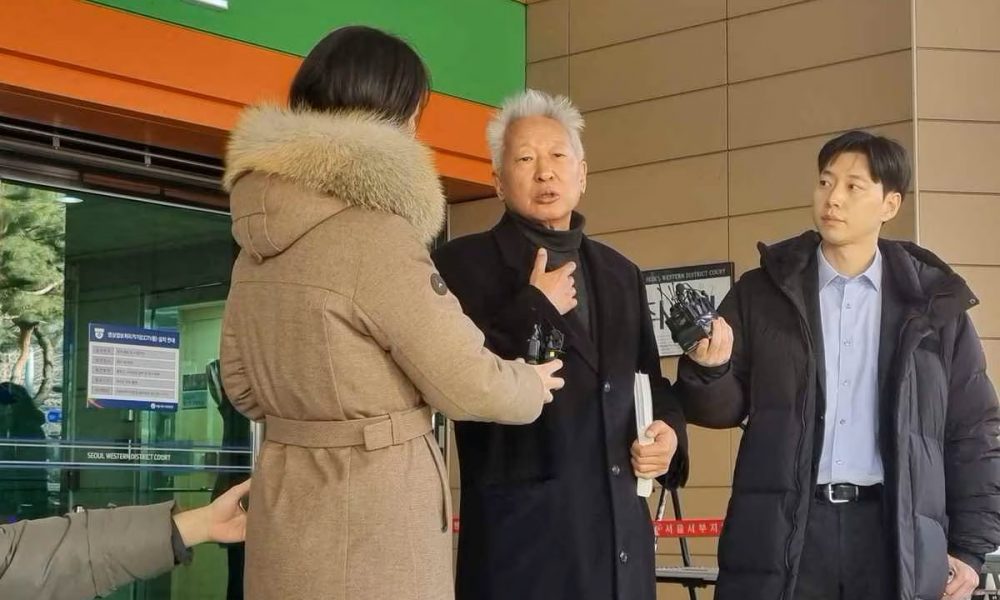
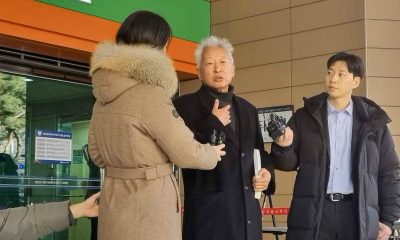

"Please accept the uncomfortable truths of the Japanese colonial era head-on. The truth is the truth, even if it's unbearable," said Lew after the court ruled.
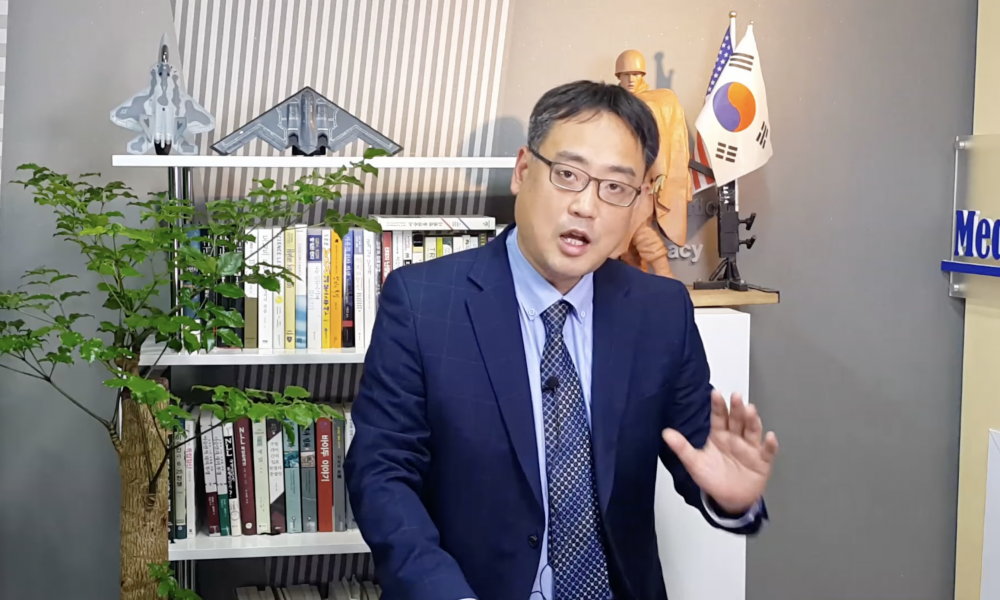
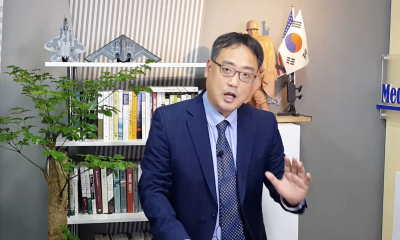

MediaWatch founder Byun Hee-jae says that scholarly rebuttal is the standard practice in academic debate — not weaponizing the media and law to stifle dissent.
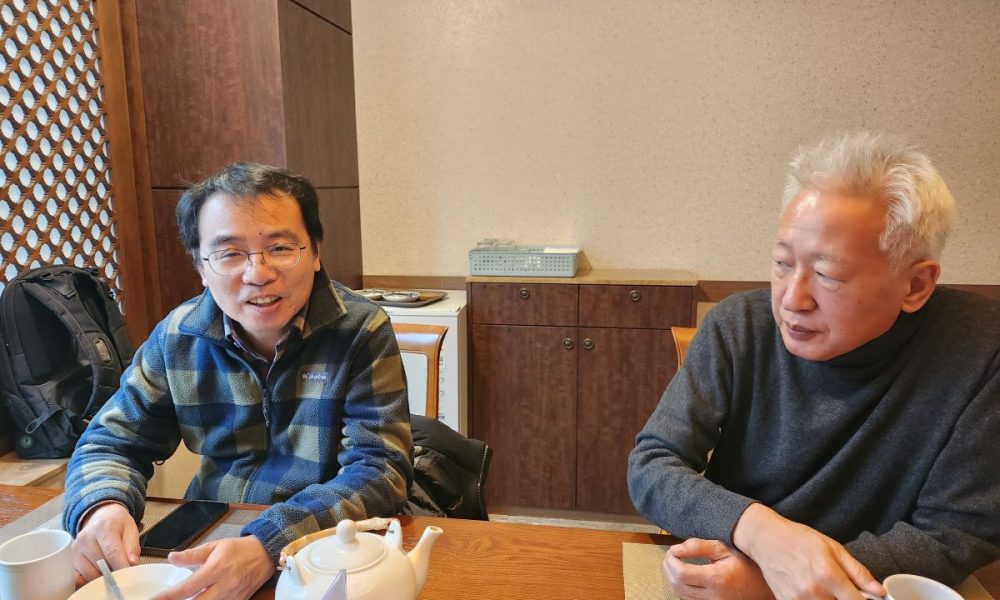
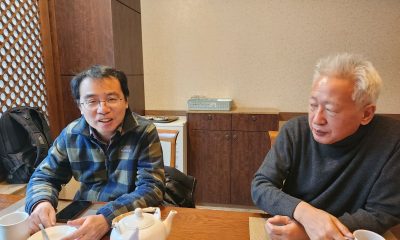

South Korean scholars Lew Seok-Choon and Lee Wooyoun discuss shifting perceptions on the comfort women issue and the court case against Professor Lew.
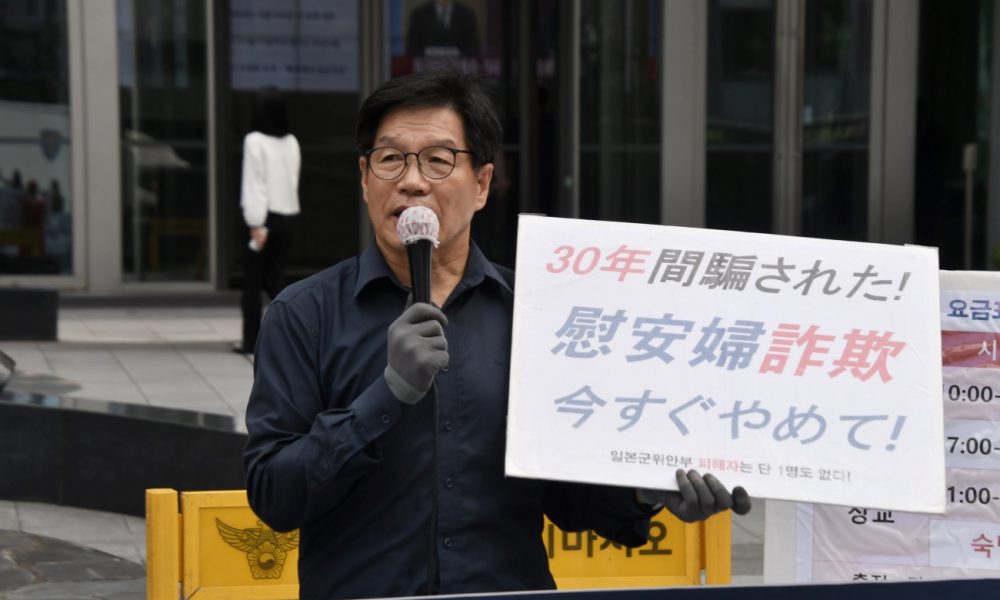
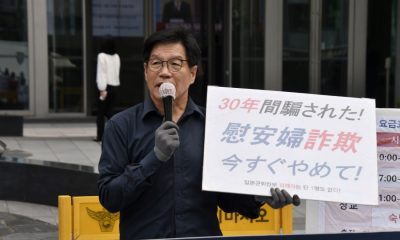

The author analyzes how poverty was at the root of the comfort women issue and explains why resolving the diplomatic issue requires acknowledging this fact.
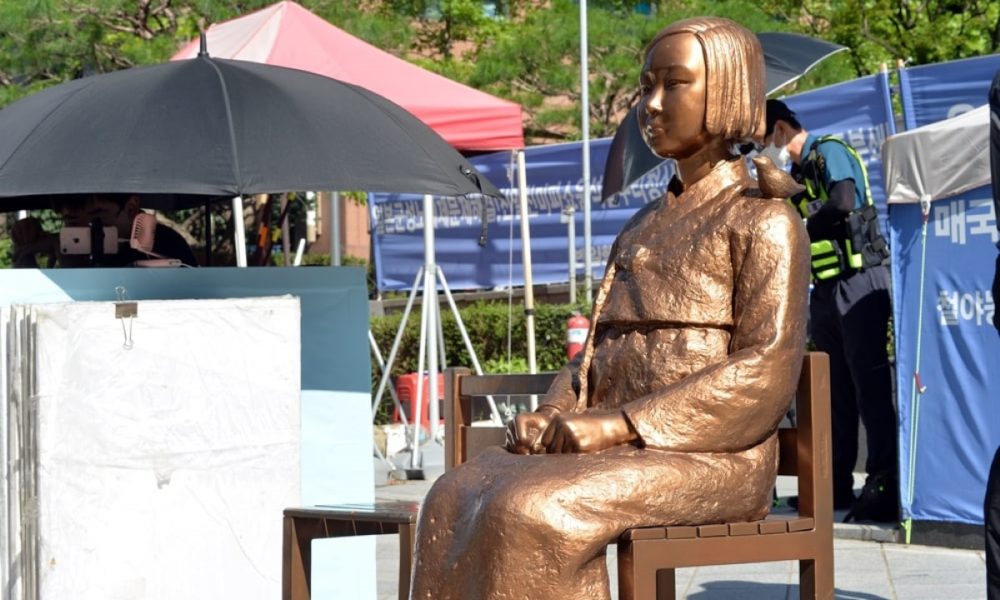
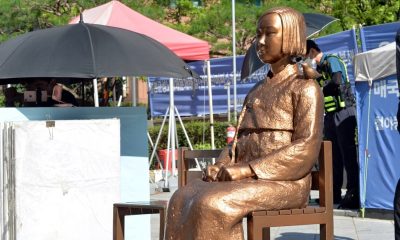

South Korea's government needs to investigate the truth as chroniclers continue irresponsibly perpetuating the comfort women issue by reciting the folklore.
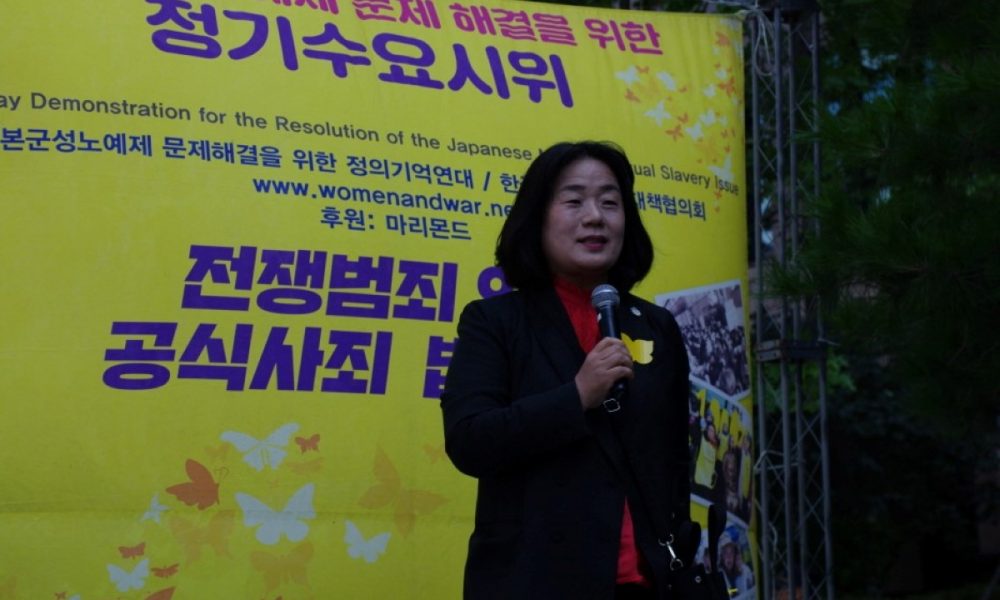
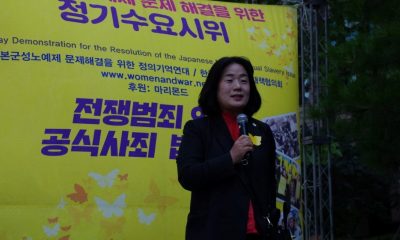

The controversial former comfort women organization leader Yoon Mee Hyang was sentenced to prison and if confirmed would lose her seat in the National Assembly.
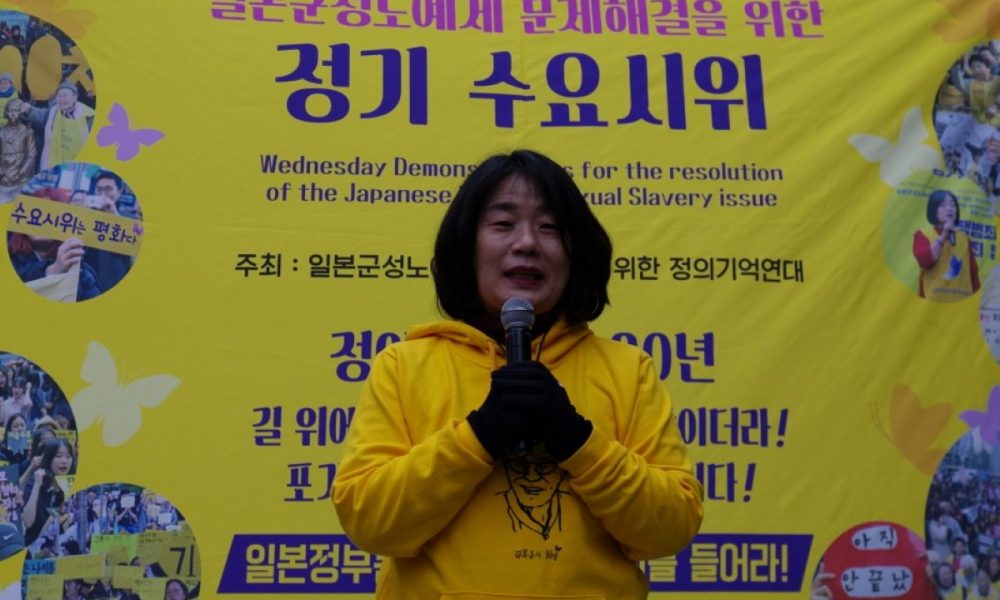
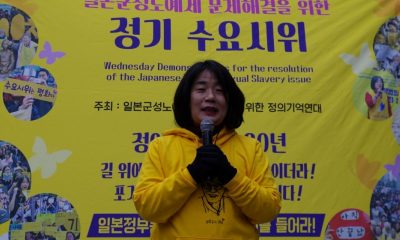

Event organizers included pro-North Korea groups, but did attending mean Yoon Mee Hyang will be prosecuted for violating South Korea's National Security Act?
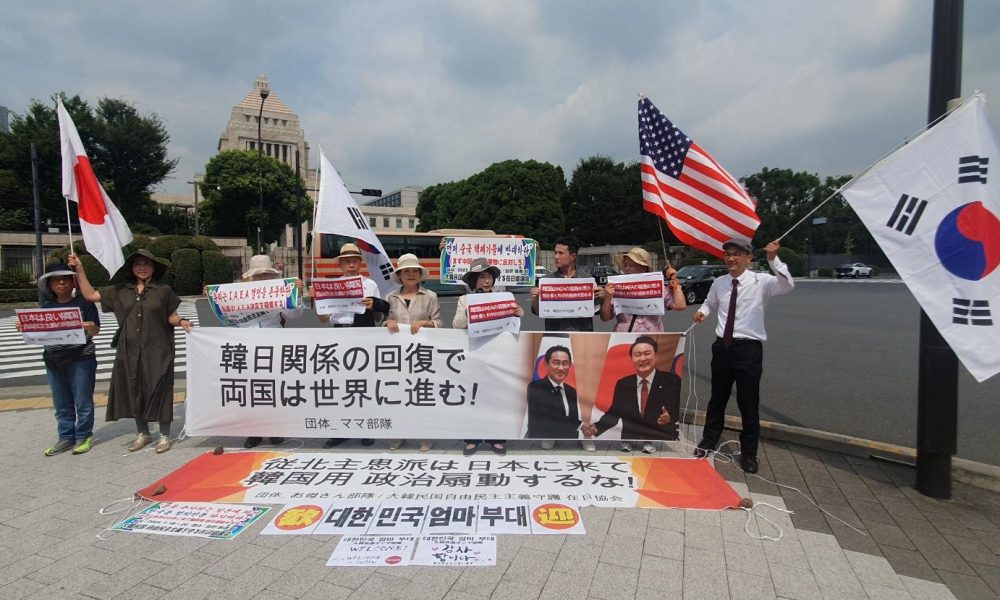
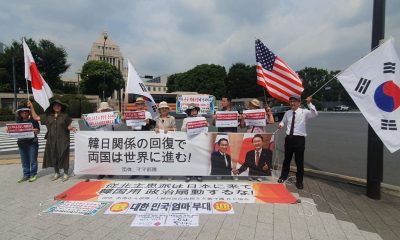

Praising the IAEA report, the South Korean activists asked for information sharing as the discharge begins and that Seoul's experts be allowed to monitor it.